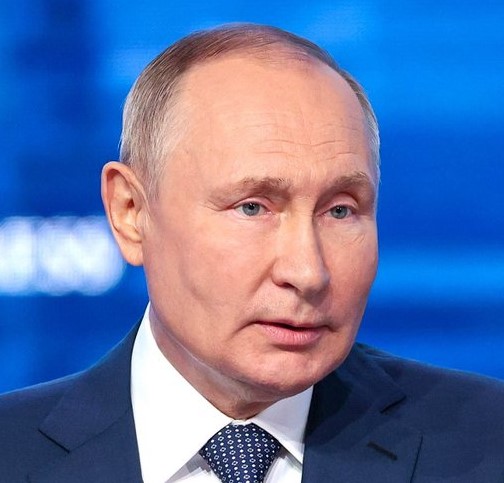Bloomberg predicted an 18% increase in Russian diesel exports in January

Diesel fuel loadings from Russian ports in the Black and Baltic Seas will rise to 3.39 million tons in January, which is about 18% more than the country exported in the first 28 days of December, Bloomberg reports, citing Kpler calculations.
This corresponds to approximately 817 thousand barrels. per day and is one of the highest figures since 2020 - it was higher only in March 2023, then Russia exported about 873 thousand barrels. per day.
As Bloomberg notes, the rise in exports comes as refineries increase processing rates. Thus, in the first 20 days of December, crude oil refining averaged about 5.57 million barrels. per day, which is almost 60 thousand barrels. more than in November, when the scheduled maintenance season ended.
The agency wrote that the Kpler data only shows estimated diesel shipments to the three ports via pipelines, with additional volumes also likely to be shipped by rail.
In February , EU , G7 and Australia countries agreed on a price cap of $100 for diesel and $45 for heating oil. President Vladimir Putin responded by prohibiting supplies to foreign citizens and companies if the contracts “directly or indirectly provide for the use of a mechanism for fixing a marginal price.”
Despite this, since the spring of this year in Russia, the rise in prices for gasoline and diesel fuel has begun to accelerate. This happened after at the end of April, the head of the Ministry of Finance, Anton Siluanov , announced plans to reduce compensatory budget payments for containing prices in the domestic market (fuel damper). In a reduced form, they were in effect only in September, but by the end of the month the government introduced a temporary ban on the export of gasoline and diesel fuel, which was later weakened several times (also for gasoline and summer diesel fuel).
Open up new opportunities in 2024
With a subscription to “All RBC Pro” with a discount of up to 45%
Buy at a discountOn October 6, the authorities lifted restrictions on the export of diesel delivered to seaports via pipelines, provided that the manufacturer supplies at least 50% of the fuel produced to the domestic market. For suppliers who resell fuel, a protective duty of 50 thousand rubles was introduced. per ton. In addition, the government restored the fuel damper, doubling compensation to oil workers.
December was expected to be the first month in the fourth quarter in which diesel production would be unhindered by restrictions, with the expected share of Russia's total petroleum product output rebounding to 33% (from a 13-month low of 30% in October), and net production will return to 1.9 million barrels. per day, Kpler senior oil market analyst Victor Katona told RBC.


























































